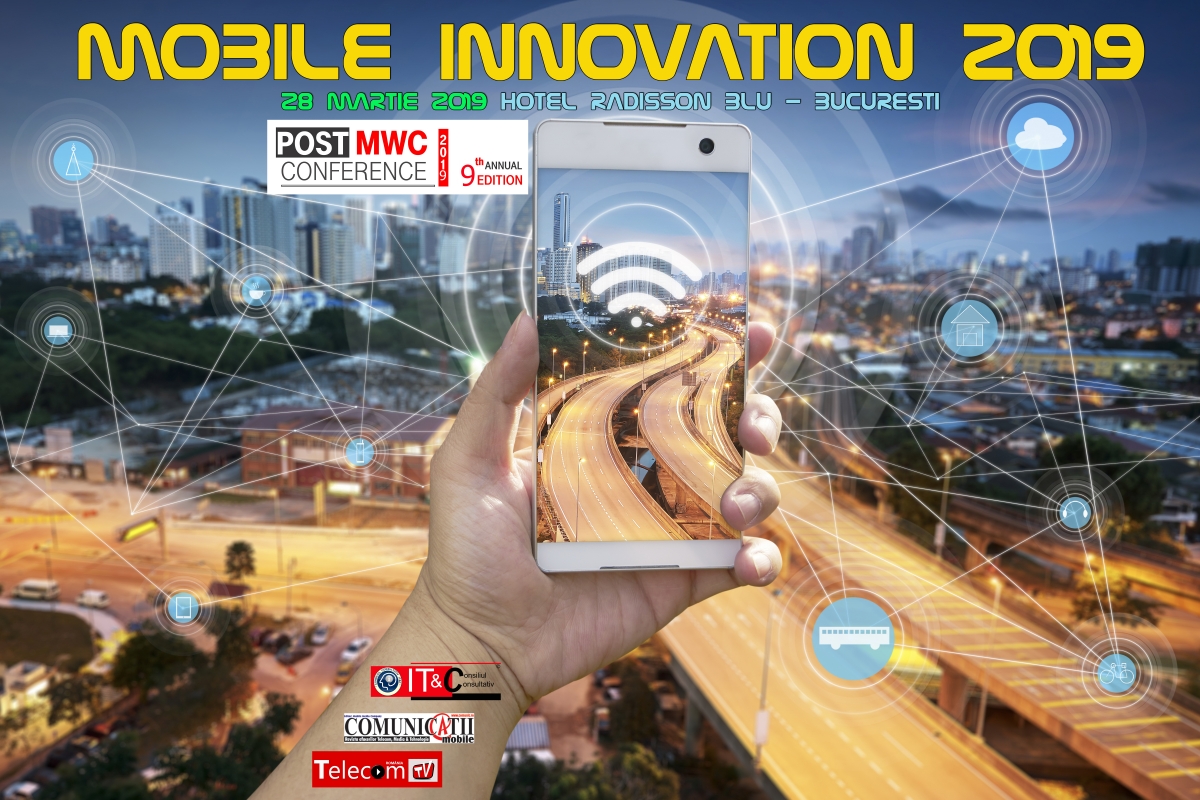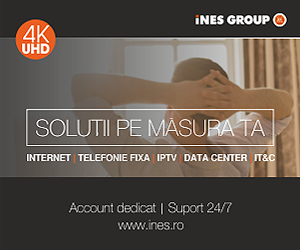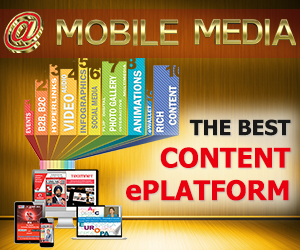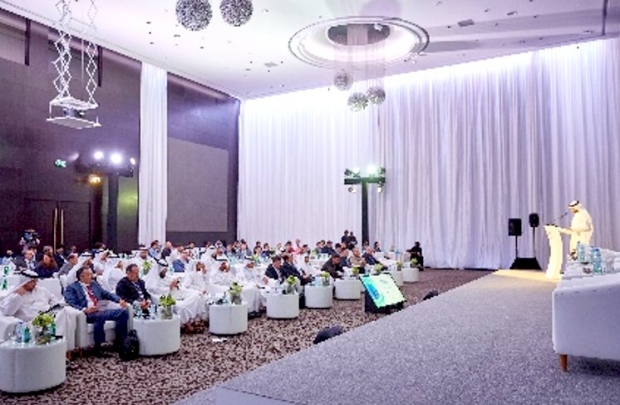
For the past two decades, the world has witnessed the evolution of cities during a period in which ICTs have had a dominant influence on global urban infrastructure, economic growth and everyday life. Countries across the world have embraced the smart city paradigm and are attempting to achieve a higher level of sustainability while at the same time improving the quality of life for its citizens. Smart sustainable cities aim to improve and enhance existing health-care systems, transport arrangements, water distribution, education and the overall urban infrastructure. Such cities are premised on the reduction of resource-use thus contributing to sustainability. A key aspect of smart cities is the active participation of citizens in the urban administration which also serves to increase their sense of ownership and involvement.
As smart cities are growing across the world, digitization is becoming a key component of urban everyday life. Data collection in the Internet of Things (IoT) eco-system results in the accumulation of vast amounts of data. Effective analysis and utilization of this accumulated data is an important factor contributing to the success of smart city ventures.
Essentially, data management in the expanding urban realm aims to optimize the operation and utilization of ICTs for improving city operations. Establishing data protocols for management and adopting related analytics technologies, will provide potential benefits including improved security, optimized privacy, reduced expenditures and improved city planning. Accordingly, cities across the world having embraced ICTs as a core development strategy and have called for the efficient management of the data accumulated in the urban realm.
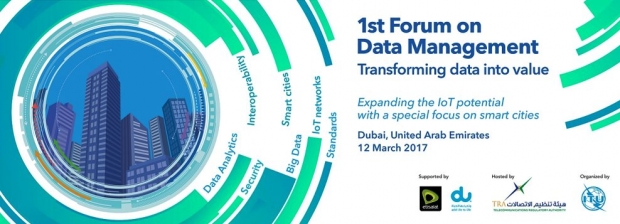
The Forum explored the expedited transition to a data driven and highly connected society, wherein, the importance of developing data management frameworks and standards for promoting interoperability, assuring security and improving efficiency of urban operations should take centre stage.
This Forum had an interesting line-up of sessions with renowned speakers presenting their experiences on data management for the stakeholders to get a better understanding of the issue.
2. Opening Ceremony
The forum was opened by H.E. Mr Hamad Obaid Al Mansoori, Director General, Telecommunications Regulatory Authority (TRA), United Arab Emirates with a statement emphasizing UAE’s commitment to a digital economy powered by data. He highlighted that the world in which we live today is the world of data, which is co-produced by six billion people with daily average of more than 2.5 quintillion, knowing that 90% of the existed data in the world today is the data that has been produced in the last two years only.
Dr Chaesub Lee, Director, Telecommunication Standardization Bureau, ITU, highlighted the role ITU-T plays in convening this important dialogue on IoT, Data, and Smart Cities in an inclusive and horizontal approach. He pointed out that smart data management will increase efficiency in every industry sector and highlighted the emergence of new data-driven business models capitalizing on the data generated by billions of connected people, machines and more and more connected things. Dr. Lee was very grateful to UAE in its leadership and support of ITU.
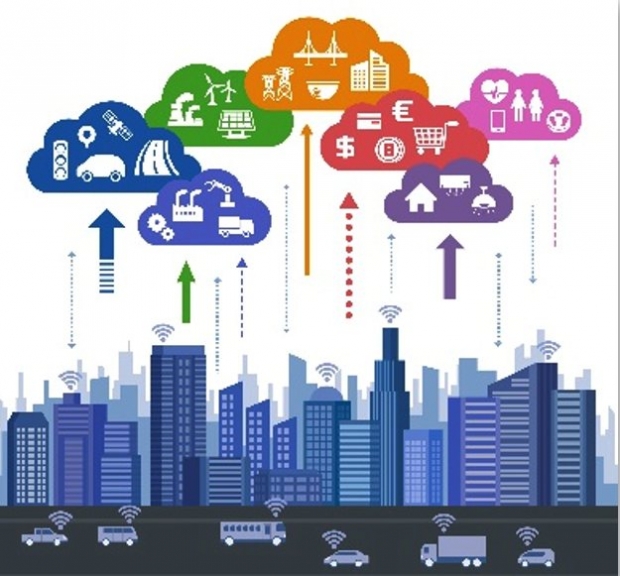
Mr Nasser Al Marzouqi, Chairman, ITU-T Study Group 20: Internet of things (IoT) and smart cities and communities (SC&C) pointed out that traditional data management solutions often fall short in satisfying the implementation needs of IoT networks, especially in smart cities. Therefore, the huge potential associated with the management of this data, especially in the urban realm remains largely untapped. He believed that this forum helped set the benchmark for data management activities initiated by the ITU and its Membership in the coming years. As the Chairman of ITU-T Study Group 20, he looked forward to the invaluable insights that this forum provided in fulfilling the global smart city dream, in achieving the Sustainable Development Goals, especially Goal 11 to “make cities, inclusive, safe, resilient and sustainable” and he also hoped that the outcome of this forum will fuel work in this area in ITU-T SG20.
3. High Level Session on “The role of IoT data in smart cities”
The opening ceremony was followed by a high level session which was of truly high quality speakers and messages.
Mr Khalifa Al Forah Al Shamsi, Chief Corporate Governance Officer, Etisalat presented the Etisalat Digital strategy and provided an overview of the new structure to embrace the fast emerging data-powered economy. IoT and Big Data technologies have more relevance to the Smart Cities initiatives across the world. This IoT revolution is already happening and is composed of different key elements that come together to make it possible: LPWA technologies, IoT and Big Data platforms, smart devices, etc. This ecosystem is becoming rich but at the same time more complex.
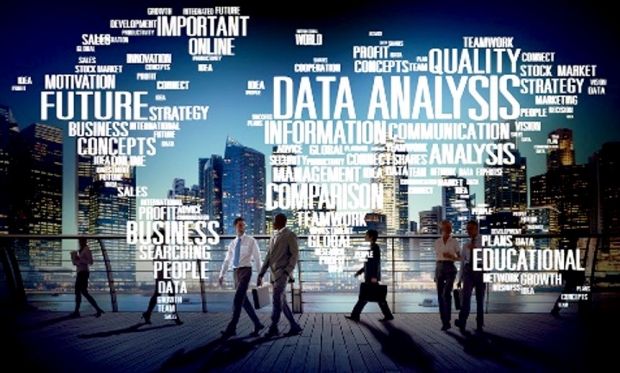
Service providers have a unique position in this ecosystem and Etisalat believes that it can play a key role in different areas such as, connectivity, enabler for IoT, defining the standards needed for the industry, device and chips homologation, end to end operating platforms and service models, flexible business models and building the IoT partner ecosystems at local and regional levels. Etisalat is committed with this vision and is leading this IoT revolution that is transforming our societies and our sectors of activity. Etisalat Digital is responsible for the design, development and delivery of the digital solutions.
All the IoT solutions come together in our Smart City as a service approach, where we use the IoT technologies and the data they provide, to take the city to the next level, providing efficiency in the delivery of public services, better city planning to the city managers and improving the quality of life of citizens.
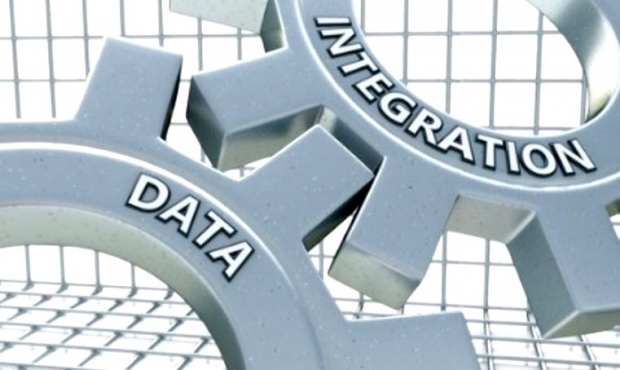
Mr Osman Sultan, Chief Executive Officer, du gave an inspirational speech highlighting that the human dimension is fundamental in the evolution from data to information to knowledge to wisdom. Being connected is a basic human right as per du’s CEO. Internet usage patterns is shifting towards video where Netflix and YouTube contribute more than half of all internet traffic. As per du CEO, in 2017, there will be 3X connected devices compared to people on earth. The digital industry is evolving from vertical independent silos to a horizontal layered platform. Since du is the strategic partner for Dubai Smart city, du CEO demonstrated smart city dashboards thanks to smart city layered platform envisioned by du. du CEO stressed on data sharing without security and privacy violation. The regulation is a key success factor for data management as per du’ CEO.
Mr Younus Al Nasser, Assistant Director General, Smart Dubai Office and Chief Executive Officer, Dubai Data Establishment Smart Dubai office demonstrated how Dubai is “walking the talk” when it comes to data by issuing a data manual, creating a data academy and presented how Dubai was the first city in the world to take advantage of the key performance indicators developed by ITU to structure its collection and management of city data. He also highlighted that Dubai is leading the most ambitious and comprehensive data initiative worldwide providing both open and shared data for public and private.
The Forum was divided into 5 sessions, with each session examining facets of data management and associated requirements. The 5 sessions were preceded by a keynote speech.
4. Keynote Speech:
Prof Choi provided an overview of the value chains of future data eco-society. The data formats of smart city, smart grid, intelligent transport systems as well as the ICT world were reviewed. He also investigated some of the technical issues related to building a future data eco-society. He concluded by pointing out the need to have open data platforms based on web technologies and suggested to work on IoT data standardization for smart cities.
5. Session 1: Challenges and opportunities in a data-driven world
This session introduced the generic technical and policy challenges linked to data generation within the smart city ecosystem.
Session 1 was moderated by Mr Toni Eid, Chief Executive Officer, Trace Media and International Editor in Chief of Telecom Review global editions.
Mr Ghazi Atallah emphasised that the world is more data rich today than it has ever been before. His presentation addressed the challenges of the information overload, the solutions, and how to unwrap the opportunities of the future data-driven world.
Mr Raphael Rollier, Venture Associate, Swisscom, presented a unique six-step methodology to transition into a smart city and highlighted a potential governance model which could be implemented to deal with privacy concerns within smart cities.

Mr Safder Nazir, Regional Vice President, Digital Industries, Huawei Technologies, presented the main market drivers which help drive digital transformations and examined the implications of open data for stakeholders, with a view to establish a data governance structure. He also presented the main risks and opportunities associated with the transformation to a digital society.
Through his presentation, Mr Nicholas Andrieu, Director Middle East and India, Sigfox, highlighted how end-users could benefit from the increasing data availability and presented use-cases including tracking assets, predictive maintenance, securing and managing people within the digital data paradigm.
Mr Roberto Gavazzi presented the data store and share paradigm for IoT Platforms through examples in ONEM2M, which were described as powerful tools for driving business ecosystems, within the IoT domain.
6. Session 2: Technology and Standards for Data Management
This session was moderated by Mr Bocar A. BA, Chief Executive Officer, SAMENA. This session explored the current data standards with especially with reference to IoT data formats and existing protocols. Mr Ba highlighted that we now live in a world of data-driven economy. He stressed that for us to successfully thrive in it, we need to have an understanding of data, analyzing it, processing it, and using it as a tool for business and socio-economic success.
Dr Steve Liang, Associate Professor, University of Calgary and CEO, SensorUp Inc, highlighted that in the near future, millions to billions of small sensors and actuators will be embedded in real-world objects and connected to the Internet forming the Internet of Things (IoT). The basic premise of the IoT is that everyday objects or devices can sense their environment, collect information, and communicate and interact with each other. The changing nature of smart, connected "things" is disrupting value chains and will force organizations to rethink and retool nearly everything they do internally in order to stay competitive. For example, progressive cities around the world are using IoT to transform themselves into smart cities, and changing how we live, work, and play. Dr Liang presented the opportunities and challenges of building smart cities and IoT with open standards, especially the OGC Sensor Things API standard. Dr Liang firstly introduced the Internet of Things from a data perspective, its value chain, its potential applications, its opportunities and challenges, and its vision and trend in the future. In particular, Dr Liang presented the real-world use cases of using the OGC SensorThings API to build smart cities applications. A project titled "Smart Citizens for Smart Cities" was also be presented. Citizens across Canada are joining the project becoming "smart citizens", setting up air quality sensors. Collectively these citizen sensors form a very large scale air quality system of systems that costs a fraction of time and cost comparing to traditional monitoring networks.
Mr Hoerim Choi, Principal Research Engineer, Korea Telecom, pointed out that while it still remains a red hot buzzword in the mobile industry and quite early in standardization effort, 5G is already on fast track to showcase its key features on field in near future. Having established its own eco around the technology, KT, one of the leading operators in 5G, plans to launch a series of 5G services including immersive media as a trial for upcoming Winter Olympics 2018. Mr Choi highlighted that KT will specifically explore a few features of its 5G services with immersive live experience and learn operator’s perspectives on the subject.
7. Session 3: Data Interoperability and Open Data Platforms
This session was moderated by Mr Il Young Chong, HUFS, Korea. This session examined the importance of data interoperability in terms of their content and technical aspects. This session also highlighted the potential benefits of opening up public data resources as a part of open data platforms to create opportunities for new business, innovative urban services, participatory governance, education, training and research purposes.
Mr Andrew Nicklin, Director of Open Data, Center for Government Excellence, John Hopkins University, in his presentation highlighted that in smart cities, governments are key partners. But when it comes to opening smart city data, there is much work for governments to do. Most open government data doesn't have velocity, volume, or variety. The technology platforms which provide open government data will require a lot of enhancement, and there isn't yet a “smart city data” discussion in the growing open data standards community. But beyond the technology, there are organizational issues which need to be considered, including re-evaluating the complexity of Public-Private Partnerships (P3s), procurement contracts, and ensuring algorithms which process the data are fair and accountable. A key solution is empowering staff at all levels of government to understand how to work with data, as well as the strengths and weaknesses of it. With these skills in place, he pointed out that we must increase access to the data through open and shared data platforms, and connect civil servants with skilled innovators. Finally, he suggested that we must consider new models to more deeply engage governments in smart city projects, such as making larger direct investments, or changing policies related to P3s.
Ms Esther Minguela, Head of Open Data CTN178 Smart Cities, SESIAD-UNE and CEO Localidata, Spain focused on the importance of open data governance, initiatives from various organizations, standards and Recommendations that are published and that are under study. She also presented the relationship between open data governance and smart city platforms, in order to explain that open data can be more than just a portal. And finally, she highlighted the need for inside data interoperability between cities, where semantic is essential and data models and vocabularies are key.
Prof John Davies, Chief Researcher, British Telecommunications, highlighted the key challenges associated with data interoperability between IoT hubs. He also presented the CityVerve smart city IoT project to examine the basic requirements for an open data ecosystem along with the Hypercat specification for providing machine readable data catalogues for interoperability at the data management level. He then introduced the importance of semantic technologies in order to provide machine-processable, shared vocabularies to increase automated reasoning.
8. Session 4: Identification & Data Governance
Session 4 was moderated by Mr Robert Lewis, Unit Leader for Urban Legislation and Branch Coordinator for Legislation, Land and Governance, UN-Habitat. This session highlighted effective practices for measuring and monitoring certain aspects of organizational data quality, with the aim of improving compliance of data quality and security to existing data management guidelines to reduce data risks and failures.
Mr Sebastien Ziegler, President, IoT Forum in his presentation provided an overview of the strategy set in place by the European Large Scale Pilot on IoT for Smart Cities to ensure a proper data management. He particularly highlighted the dual strategy put in place in order to pave the way towards open data and data interoperability, while ensuring a full compliance with citizens’ privacy and rights, including the European General Data Protection regulation and the eDirective.
Ms Bettina Tratz-Ryan, Research Vice President, Gartner, highlighted the importance of establishing an effective data framework to unleash the potential of data in smart cities and ensure data privacy to boost new businesses.
Mr Davor Meersman, General Manager, Open & Agile Smart Cities, presented the Open and Agile Smart Cities, a global network of smart cities focusing on creating the global smart city data and services marketplace. Founded in 2015, OASC has grown to 104 cities from all around the world by using a lightweight, implementation-driven approach for standardizing real-time open data that immediately creates impact for its members. OASC is leading several international initiatives in the demand-driven smart city data domain including Synchronicity, SELECT for Cities, and the City of Things lab.
9. Session 5: Security & Trust in the IoT Ecosystem
This session was moderated by Mr Harinderpal Singh Grewal, Cluster Director, Resource & Interconnection Management, Connectivity & Competition Development Group, IMDA, Singapore. This session highlighted the fact that within the IoT ecosystem, data needs to be protected from theft and tampering for the privacy and security of citizens.
Mr Gyu Myoung Lee, LJMU, UK/KAIST, Korea, presented the challenges associated with trust in the IoT ecosystem and data management and highlighted the concept of blockchain as a “machine for creating trust”, reducing costs and accelerating transactions.
Mr Haider Pasha, Chief Technology Officer, Emerging Markets, Symantec, presented several case studies which highlighted the challenges associated with the deployment of IoT and emphasized on best practices for cybersecurity within the IoT ecosystem to boost both trust and security.
Mr Ankush Johar, Director, Global Operations, Wireless Federation, started with a small demonstration of how real IoT hacks are and by how much IoT has increased our exposure to cyber threats. He highlighted that IoT attacks by themselves have gone up tremendously. In this regard, he presented a case study highlighting that a multi-layered approach and segmentation are key to securing IoT. The talk then focused on a pioneering approach to Privacy Ratings plus a case study on handling privacy issues.
Mr Marouane Sefiani, Senior Manager, Thuraya Telecommunications Company, presented a behavioural take on IoT security risks. He provided a general view of the complexity surrounding security issues in IoT by focusing on the incentives and constraints on both attackers and product developers.
10. Action Plan for Future Data Management
This session was moderated by Dr Lee, Telecommunication Standardization Bureau, ITU and effectively summed up the discussions that took place during the Forum. The discussions at the Forum opened up new avenues to be explored within the smart city realm for data processing and overall management. It highlighted the need and relevance to promote international dialogue and cooperation in this domain by involving relevant stakeholders from all regions.
Given the growing challenges and opportunities associated with data processing and management, participants of this Forum called for further studies to be developed by ITU and suggested the possibility for SG20 to create a new Focus Group on Data Processing and Management to support Data Driven Smart Cities (ITU-T FG-DPM) that could act as an open platform to facilitate these discussions on a global scale.
The Forum participants agreed to forward this Outcome Document to ITU-T SG20 for its consideration.
Finally, ITU and the participants of this forum would like to convey their most sincere appreciation to TRA (UAE) for hosting this forum in the beautiful city of Dubai and for fostering the multiple interests of the IoT and smart city stakeholders.


